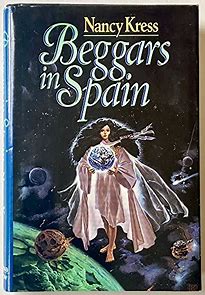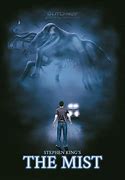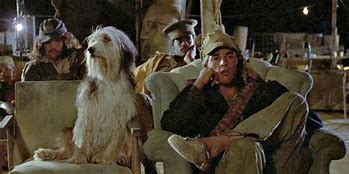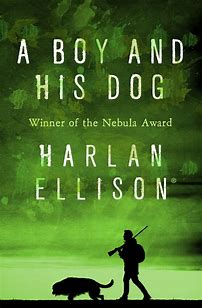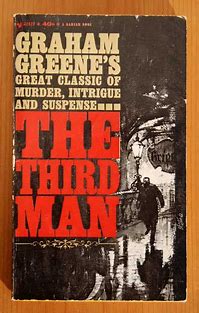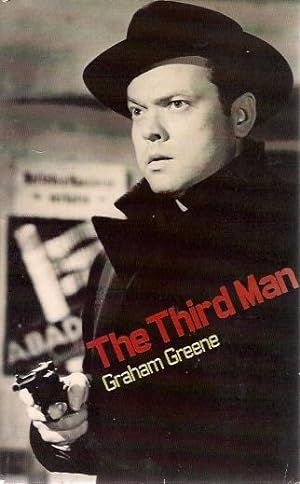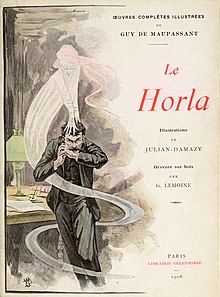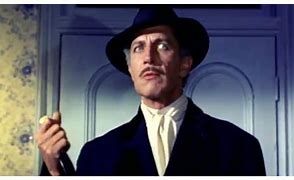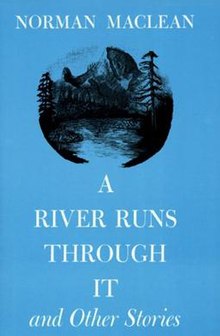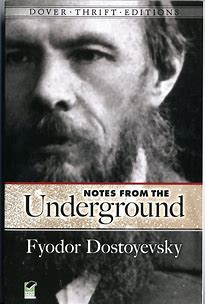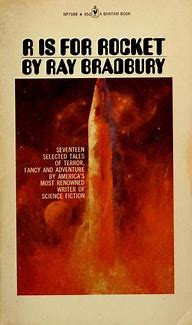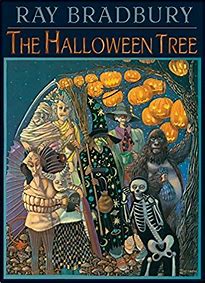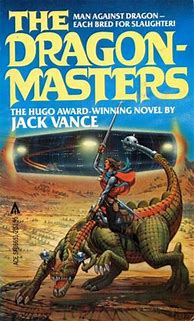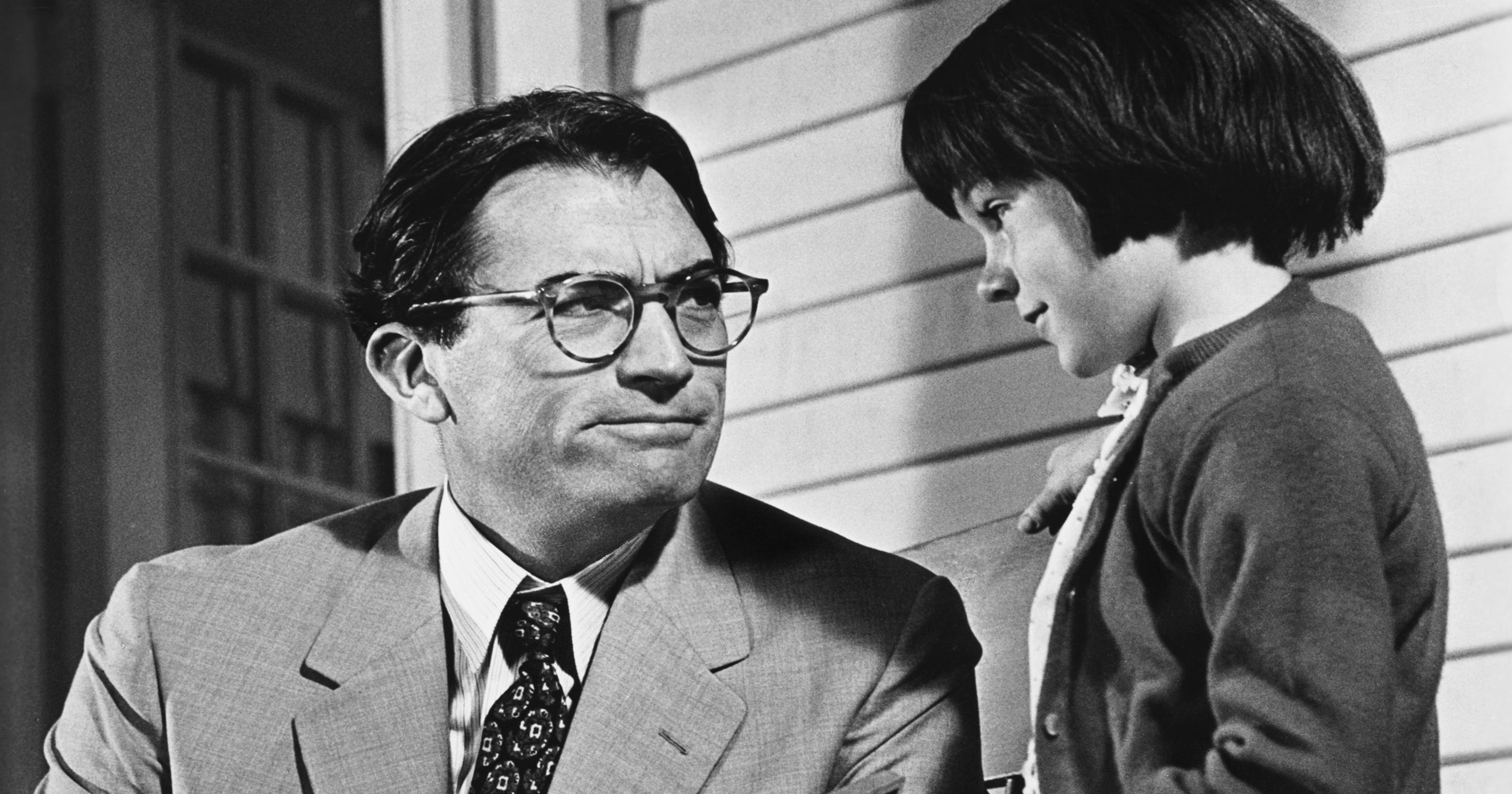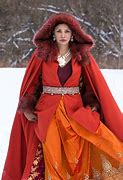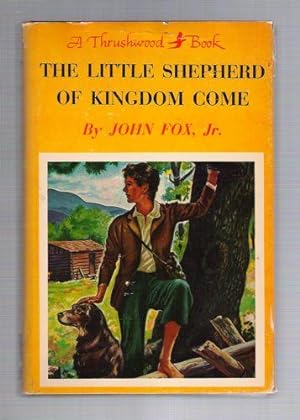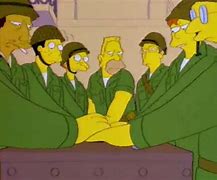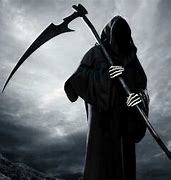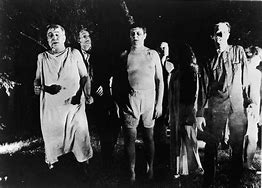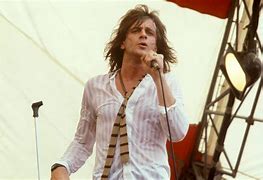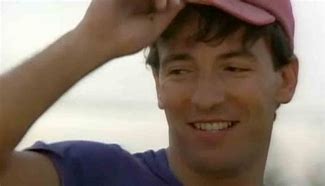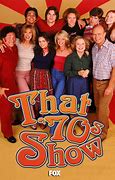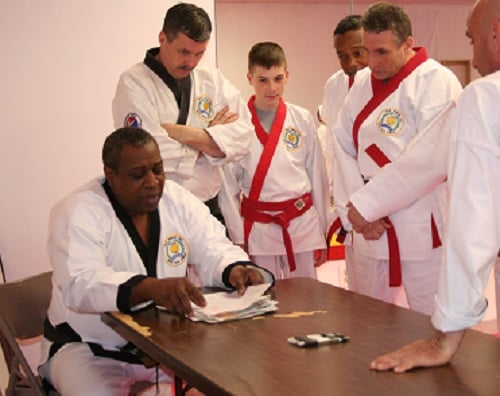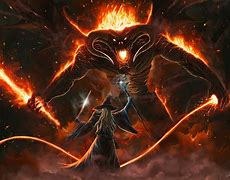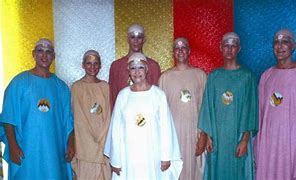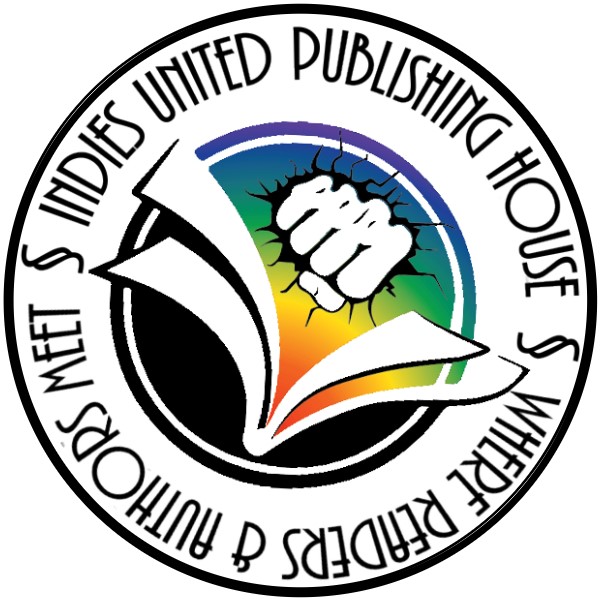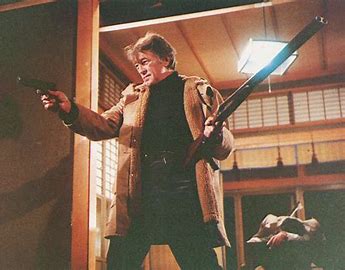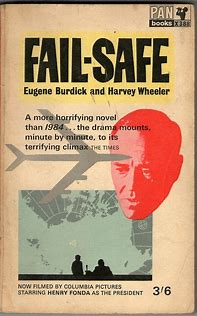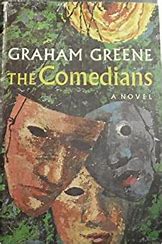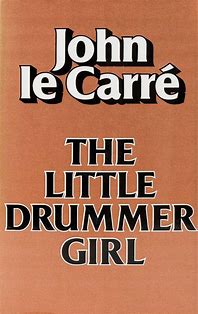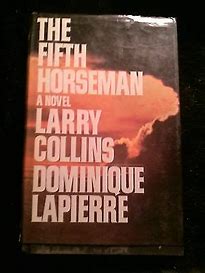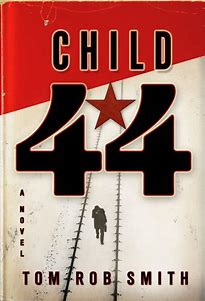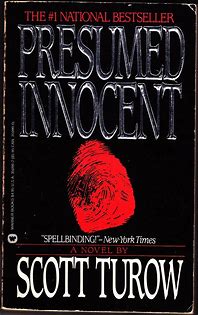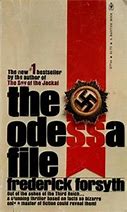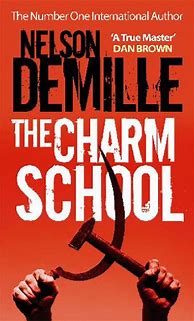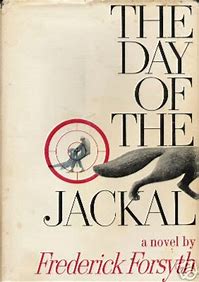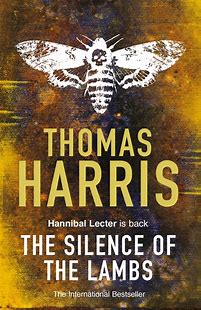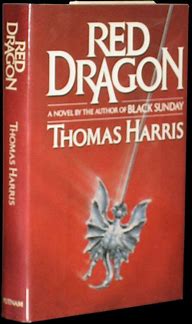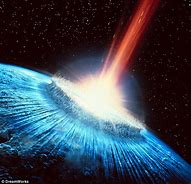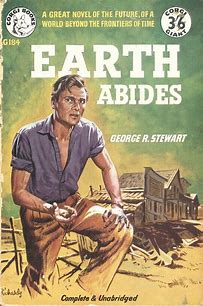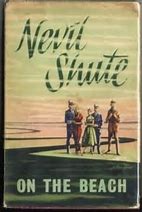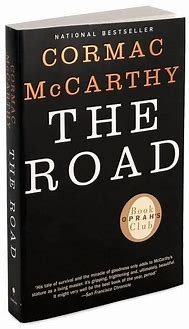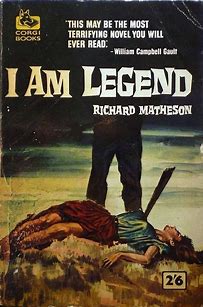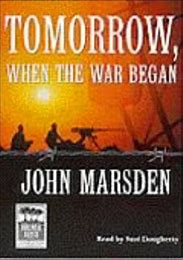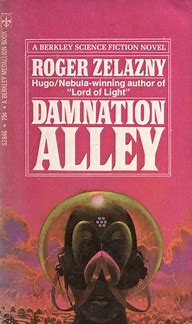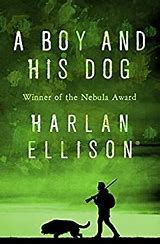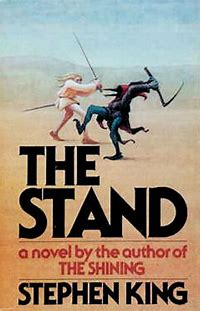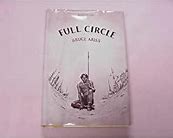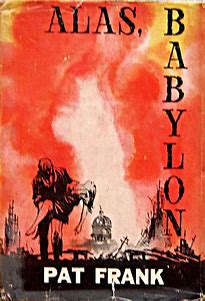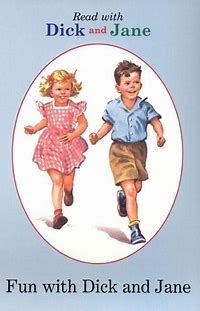
I don’t know how many short stories I’ve read in my life. It’s well over the number of books, so, using 8-years-old as a starting point, figure 2-5 books a month for 60 years, time off for good behavior, maybe … 2-4 thousand. But I read a lot more stories than books, as have you, because stories are how we started. We had Dick and Jane, Dr. Seuss, fairy tales, and on and on from there. Especially because my Dad built a room over the garage which became my bedroom. It was also the place that Dad kept his bootleg muscadine wine and his Playboys. I never had any trouble going to bed. Because of the stories of course. Playboy published a lot of excellent stories and I read them. No, really.
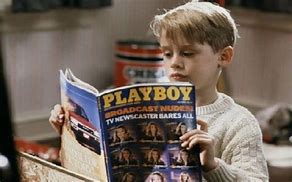
Out of all those stories over all these decades, some of them remain with me. Either a scene or a theme or something that makes me remember them these years later, as follows:
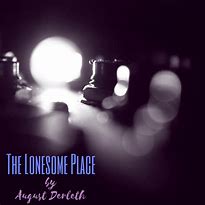
10. The Lonesome Place- August Derleth, 1962. Derleth was a prodigious writer and editor, starting Arkham House Publishing and coining the term “Cthulhu mythos” to categorize the work of his friend, H P Lovecraft. Two boys imagine a monster living in an abandoned silo near their home, scaring each other delightfully. After they grow up, a young boy is mauled near the silo and the two are convinced their imagination created the monster.
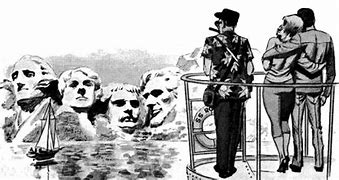
9. The Great Nebraska Sea- Allan Danzig, 1963. I can’t find a lot on Danzig. He appears to be an infrequent contributor to Galaxy and wrote a lot more reviews than stories. I believe I read this in Galaxy but not in 1963 because I was too young, so possibly in a later anthology. A series of faults in the Midwest drops the west coast of the US into the ocean. Reading more like a history article, I remember the closing scene of sailors strolling the seaports of Wyoming and Missouri.

8. Passengers, Robert Silverberg, 1970. Silverberg is, of course, writer and editor extraordinaire, even wrote soft porn at one time. This is a brutal story of an alien presence that randomly seizes the minds of people and makes them do unspeakable things. The ending is chilling.
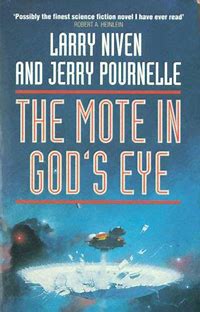
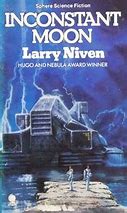
7. Inconstant Moon, Larry Niven, 1971. Niven wrote Ringworld and, with Jerry Pournelle, has turned out a goodly collection of scifi novels, like The Mote in God’s Eye. People are amazed by how bright the full moon goes one night, until somebody realizes the sun has gone nova and we’ve only got until the earth turns to survive.
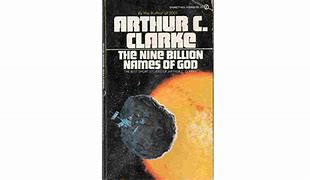
6. The Nine Billion Names of God, Arthur C. Clarke, 1953. The grandmaster. An eastern religious sect believes that if they transcribe the 9 billion names for God, then the universe will end. They purchase a computer to assist them in this, and the two installers scoff at the whole concept. Until …
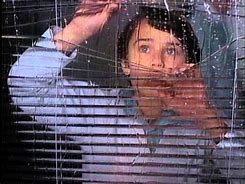
5. Examination Day, Henry Slezar, 1958. I definitely read this in Playboy. Slezar was a prolific story writer and copywriter who used dozens of pseudonyms. He supposedly coined the term, “coffee break.” In some bleak dystopian future, a kid is getting ready to take mandatory state examinations and is urged by his mother not to study so hard. You’ll soon see why.
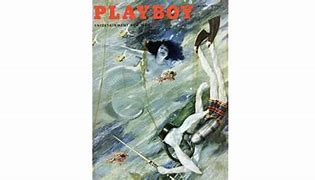
4. The Crooked Man, Charles Beaumont, 1955. Beaumont
dropped out of school in tenth grade and joined the Army during the closing days of WW2. He wrote short stories and television episodes and full-length movies and had a lot of influence on other writers like Ray Bradbury and William Nolan. In the future, heterosexuality has been outlawed and those attracted to the opposite sex have to meet furtively or risk internment in a concentration camp, where they will make a new man out of you. Yes, indeed.
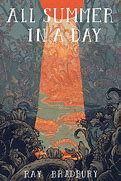
3. All Summer in a Day, Ray Bradbury, 1954. I have dozens and dozens of favorite Bradbury stories because he was my favorite author growing up, but this one stands out. It constantly rains on Venus but, once every 7 years, the sun appears for two hours, and a class of elementary students are preparing to go outside and see this. The cruelty of children.
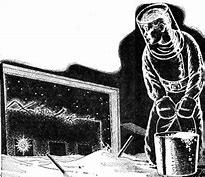
2. A Pail of Air, Fritz Leiber, 1951. I read this in a Science Fiction Book Club anthology. Yeah, I was a member. Sue me. The world has frozen and the only way to breathe is fetch a pail of air and dissolve it slowly over a fire.
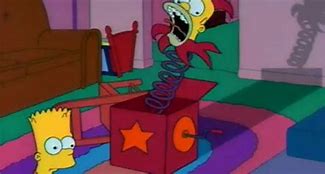
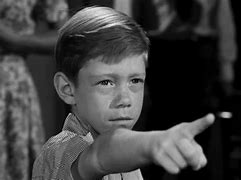
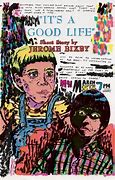
1. It’s a Good Life, Jerome Bixby, 1953. Known more for his script writing, like four episodes of Star Trek, this is Bixby’s best remembered short story, one that was turned into a Twilight Zone episode starring Billy Mumy, and even into a Treehouse of Horror episode. When Little Anthony was born, the doctor screamed and tried to kill him, but Anthony whisked the town away somewhere, don’t know where, and all the townspeople are now his playmates. Even if they don’t want to be.
There is another one but, for the life of me, I cannot remember its title. Set in a dystopia, people are going back and forth to work when an old man starts reminiscing about the better days in the past, causing the workers to stop and listen. So a SWAT unit is sent out to find and arrest him because nostalgia is against the law.

UPDATE: The story is called To the Chicago Abyss, in Ray Bradbury’s The Machineries of Joy. Kudos to @JohnMustReadMore on Youtube for spotting it.
